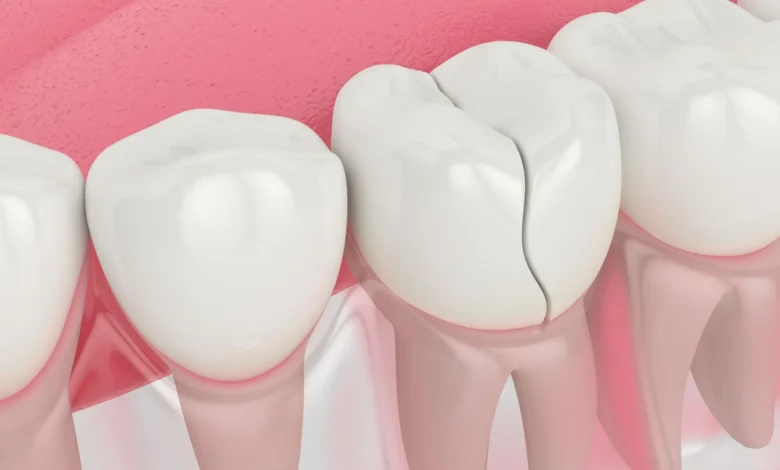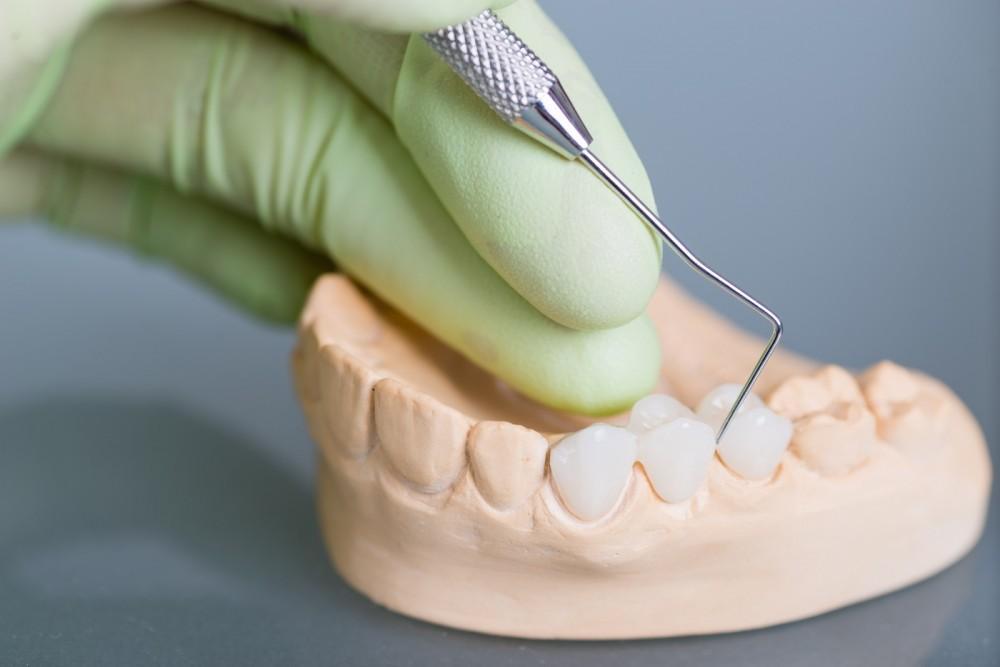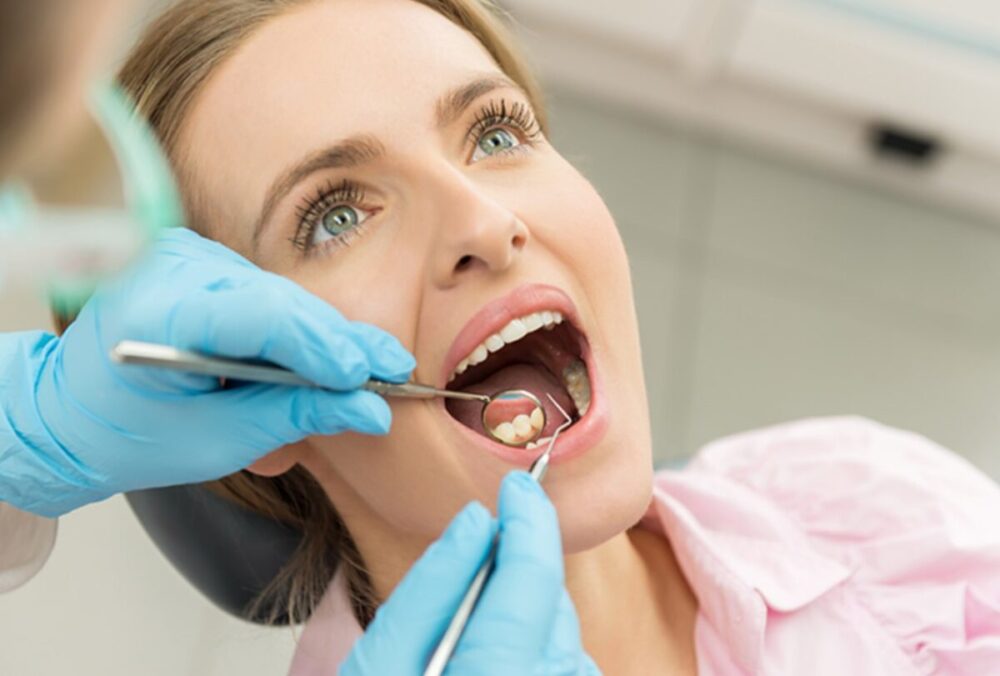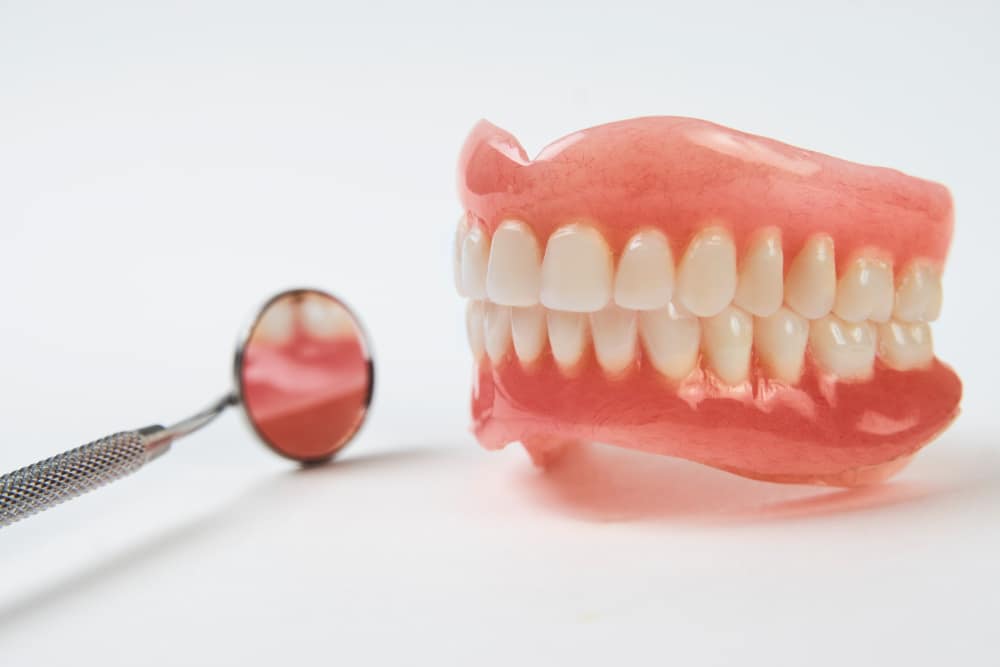Encountering a broken tooth can be a distressing and painful experience, often occurring unexpectedly and requiring prompt attention. In such cases, seeking the expertise of a dentist in Anderson, SC, can be crucial for timely and effective care. This article serves as a guide to navigating the immediate aftermath of a tooth fracture, offering practical advice and clear steps to minimize pain and protect oral health.
Understanding the right emergency measures and consulting a local dentist in Anderson, SC, can not only alleviate immediate discomfort but also play a crucial role in ensuring a more favorable outcome from subsequent dental treatments.
Immediate Pain Management
The sudden onset of pain is a common reaction to a broken tooth. Before you can assess the damage or think about long-term solutions, managing this pain is paramount. Over-the-counter pain relievers like acetaminophen can be effective. However, it’s important to avoid aspirin, as it can increase bleeding, particularly if the fracture has caused any gum injury. Applying a cold pack to the cheek or lips over the broken tooth can also help reduce swelling and numb the pain.
Temporary Protection of the Damaged Tooth
If the broken tooth has sharp or jagged edges, it can pose a risk to your tongue, cheeks, and lips. Using a piece of wax paraffin or sugarless chewing gum to cover these edges can provide temporary protection. This makeshift solution helps prevent further injury to the soft tissues of the mouth while you prepare to see a dentist.
Assessing the Severity of the Break
The severity of a broken tooth can vary significantly – from a minor chip to a large fracture. A crucial step in emergency care is to assess the extent of the break. If it’s a minor chip, you might not experience pain, but larger fractures can expose the nerves and cause significant discomfort. If the break is large or you experience severe pain, it’s a clear indication that you need to seek emergency dental care immediately.
Preparing for an Emergency Dental Visit
When a tooth fracture is severe, time is of the essence. Before heading to the dentist, rinse your mouth gently with warm salt water to cleanse the area. Try to save any pieces of the broken tooth, as your dentist may be able to use them in the repair process. Be prepared to explain the incident that caused the break and any symptoms you’re experiencing, as this information can be crucial for your dentist to determine the best course of treatment.
In the next section, we’ll delve into more detailed temporary fixes, how to prepare for an emergency dental visit effectively, and preventive tips to avoid exacerbating the injury before receiving professional care.
Detailed Temporary Fixes at Home
While waiting for your dental appointment, there are several measures you can take to protect the broken tooth and alleviate discomfort. One effective method is to use dental cement, which can be found in most pharmacies. This temporary solution can help cover the exposed areas of the tooth, reducing sensitivity and discomfort. Additionally, if you’re experiencing bleeding, biting down on a piece of gauze or a clean cloth can help control it. Remember, these are temporary solutions and should not replace professional dental care.
Navigating the Path to the Dentist
When a broken tooth incident occurs, knowing how to prepare for an emergency dental visit is essential. Gather any fragments of the broken tooth, as mentioned earlier, and keep them in a clean container. Avoid eating before your appointment, especially hard or chewy foods, as they can cause further damage. If the break has caused significant pain, avoid hot or cold beverages, as your tooth may be more sensitive to temperature extremes.
The Role of Dental Professionals in Emergency Care
Upon arriving at the dental office, your dentist will conduct a thorough examination of the injured tooth. They may take X-rays to assess the extent of the damage and to check for any hidden fractures or damage to the jaw. The course of treatment will depend on the severity of the break – ranging from simple bonding or filling to more extensive procedures like a crown or root canal.
Preventive Tips to Avoid Further Damage
Until you receive professional care, it’s crucial to take certain preventive measures. Be gentle when brushing and flossing around the damaged area to prevent further injury. Additionally, if you’re a sports enthusiast, consider wearing a mouthguard in the future to protect your teeth from potential impacts.
Conclusion: The Importance of Prompt and Proper Care
Experiencing a broken tooth can be an alarming event, but taking immediate and appropriate action can significantly impact the long-term health of your tooth and overall oral health. From pain management to temporary fixes and understanding the need for professional evaluation, these emergency measures are vital steps in addressing a dental emergency effectively. Remember, the sooner you seek professional dental care, the better the chances of saving the tooth and preventing further complications.
Key Takeaways: Navigating a Broken Tooth Emergency
Source: Read Full Article




